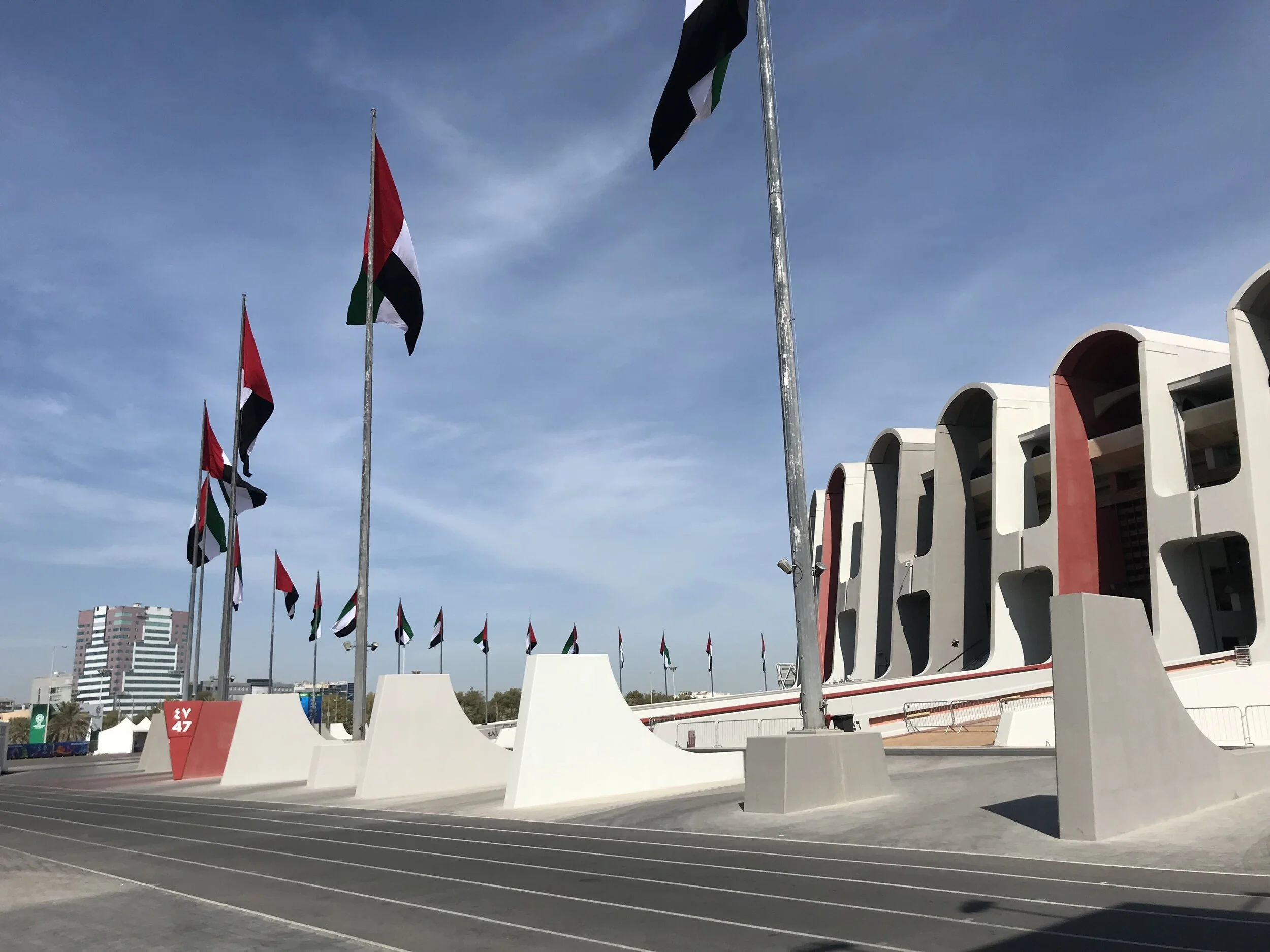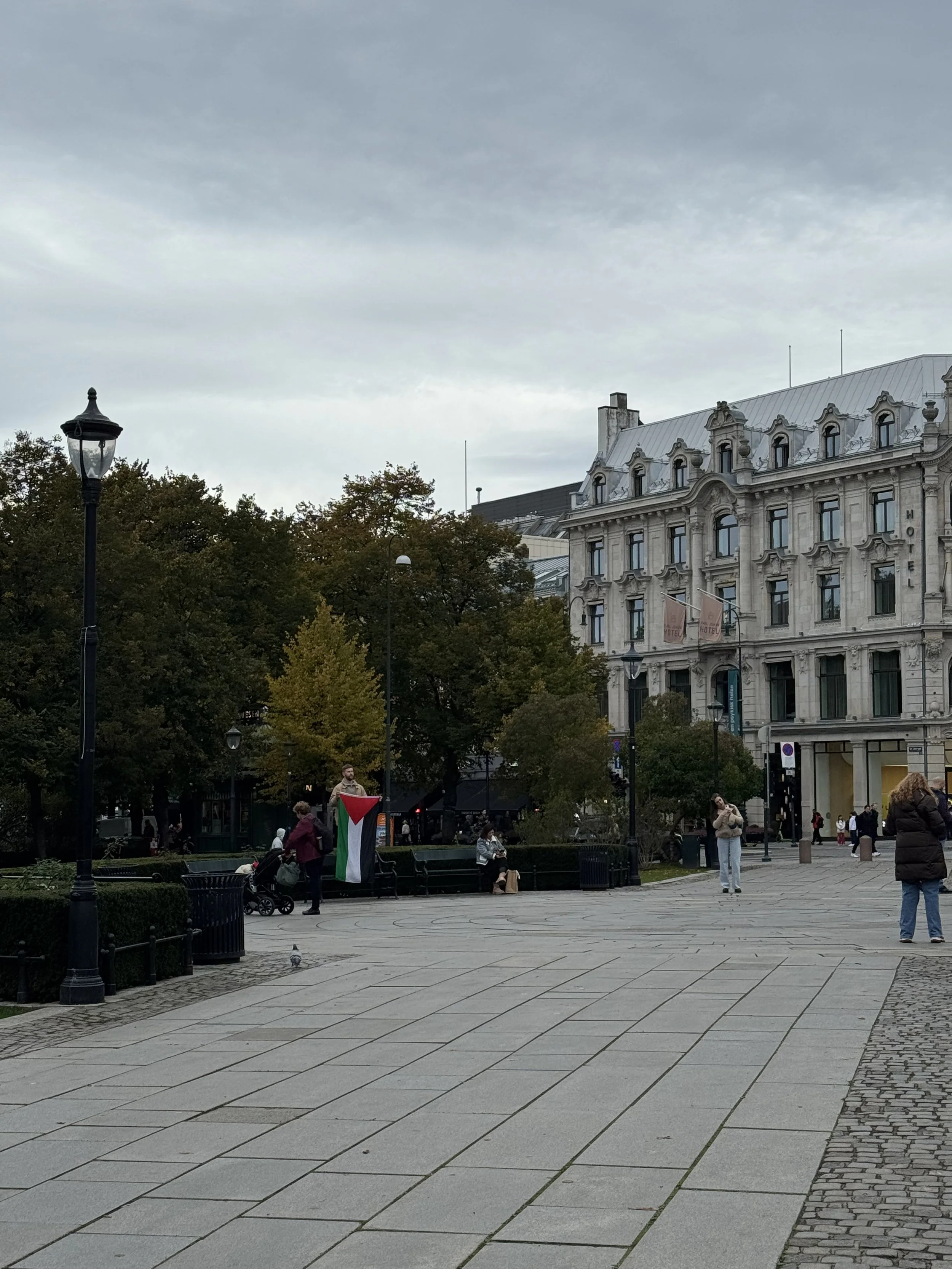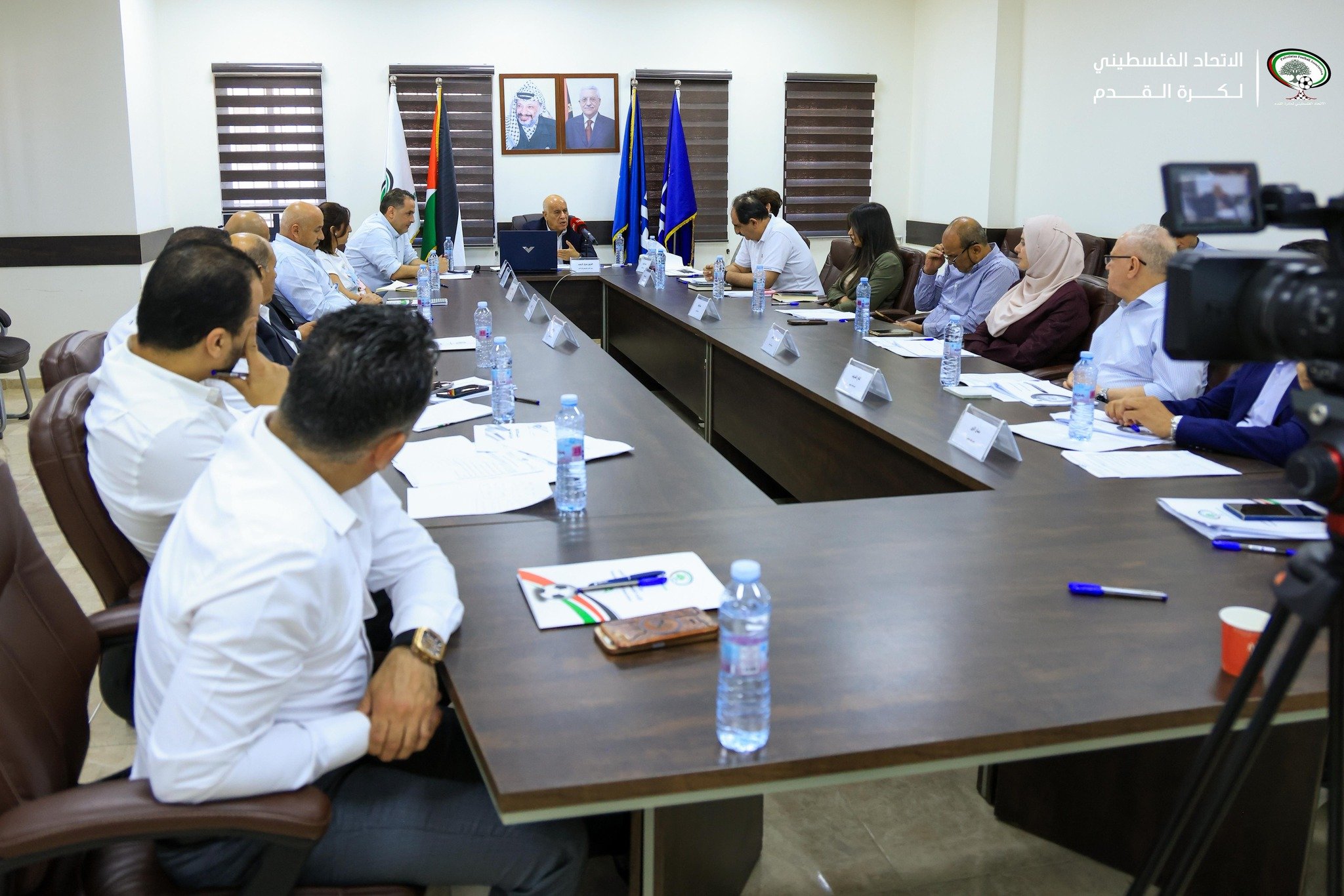The United Arab Emirates and Israel are marching towards the signing on the ‘Abraham Accords’ - a peace and normalisation agreement between the two countries.
This historical diplomatic event will take place in Washington D.C., the USA, on September 15. Still, until then, in Israel, there are already signs of efforts to attract Emirati interest in the local football scene.
It started last week with Hapoel Be’er Sheva who invited Shabab Al-Ahli Dubai for a friendly match in Israel.
While discussing the subject with officials from both clubs, it was clarified to BabaGol, that up to this moment, Shabab Al-Ahli decided not to comment to the invitation, publically or behind the scenes.
On Wednesday night, Adham Habib Allah of I24 News Arabic reported that, per his sources in the Gulf country, a group of Emirati businessmen are interested in investing in Beitar Jerusalem.
Beitar Jerusalem is one of the most famous clubs in Israel. For years, Beitar is recognized for the wrong reasons: the club is supported by a racist and violent fan group called La Familia, who holds extreme views towards Arabs and Muslims. Beitar gained a worldwide reputation for being a symbol for the Israeli radical and racist right-wing in 2013 when the club’s fans caused havoc after the team added two Chechen Muslim players. Until this day, Beitar did not sign any local Arab player.
Yet, the current owner, Moshe Hogeg, is trying to clean the club from its ‘infected’ image.
Last season Beitar added Israeli Premier League’s MVP, Nigerien Ali Muhammad, who became a fans’ favourite. Bizarrely enough, although he is named Muhammad, some of the extreme fans still try to claim he is a Christian.
When addressed over the issue of the Emirati interest in the team, a source in Beitar Jerusalem has responded to BabaGol: “No comment”.
On Thursday, Israel Hayom, one of the biggest newspapers in Israel, has reported that there is an interest from an Emirati businessman to invest in the team.
Just imagine it. Beitar ‘Etihad Airlines’ Jerusalem, Hapoel ‘Fly Emirates’ Tel Aviv, or Maccabi ‘Visit Dubai’ Haifa.
A fascinating view on such involvement would come from Bnei Sakhnin, the most prominent Arab club in Israel, who was supported by Qatar throughout the years. Sakhnin’s home ground called Doha Stadium, commemorating the donators who funded its building.
Currently, the growing number reports regarding an Emirati entrance into Israeli football is being discussed only in Israel. At the same time, in the UAE, these topics are still less discussed in the free media. Yet, there are still reactions across the Arab world to these developments.
On Thursday evening, it was reported that Beitar’s owner, Hogeg will fly to Abu Dhabi on September 21st to sign an investment agreement related to Mohamed bin Zayed and City Group. Beitar responded again with a “no comment” comment.
Whether Emirati business people will enter Israeli football in storm or step by step, the up and coming agreement between the two countries is good news for Middle Eastern football. It is opening a world of opportunities for footballers, clubs and individuals, Israelis, Emiratis as well as Palestinians, for entrepreneurship and barrier-breaking activity.
On September 8 2015, the UAE national team played a World Cup qualifier in the West Bank for the first time ever, after years condemning this act as an act of normalisation. Who would believe back then, that five years later, somewhere in the region someone will be discussing an Emirati investment in Beitar Jerusalem?
The Middle East can’t stop surprising.




